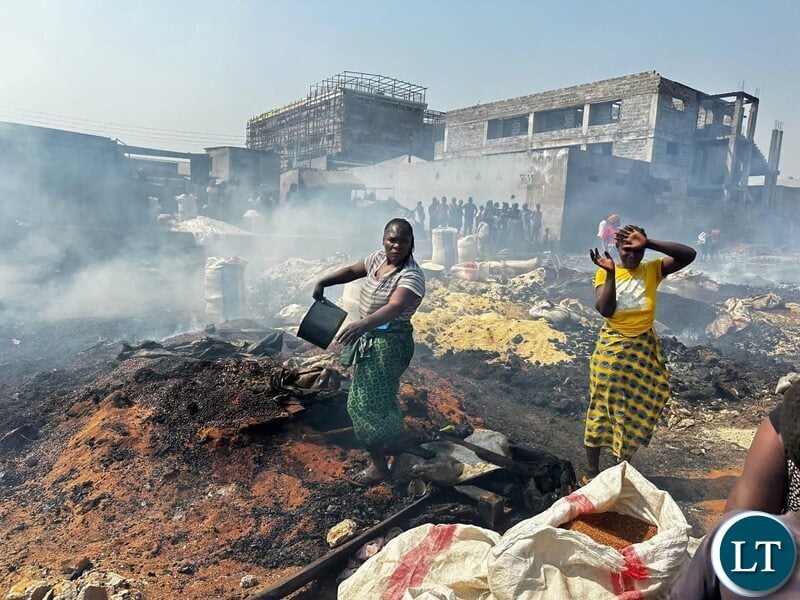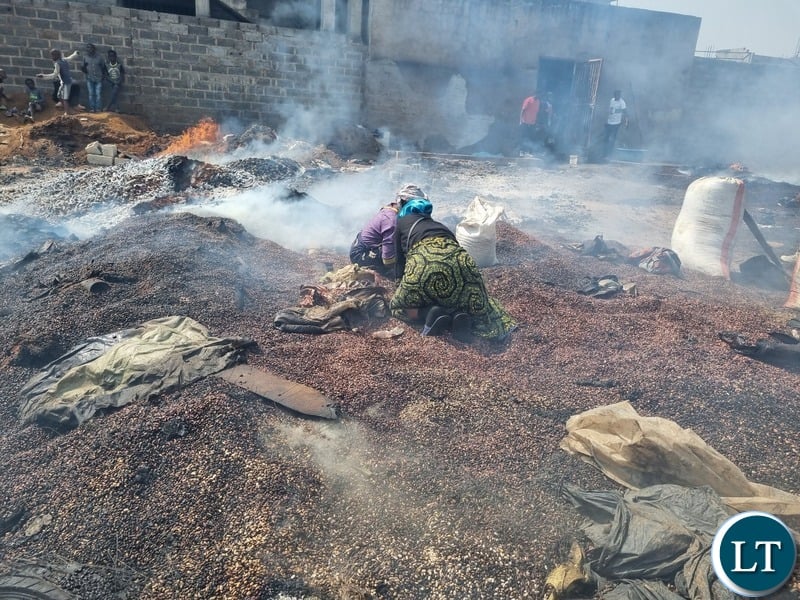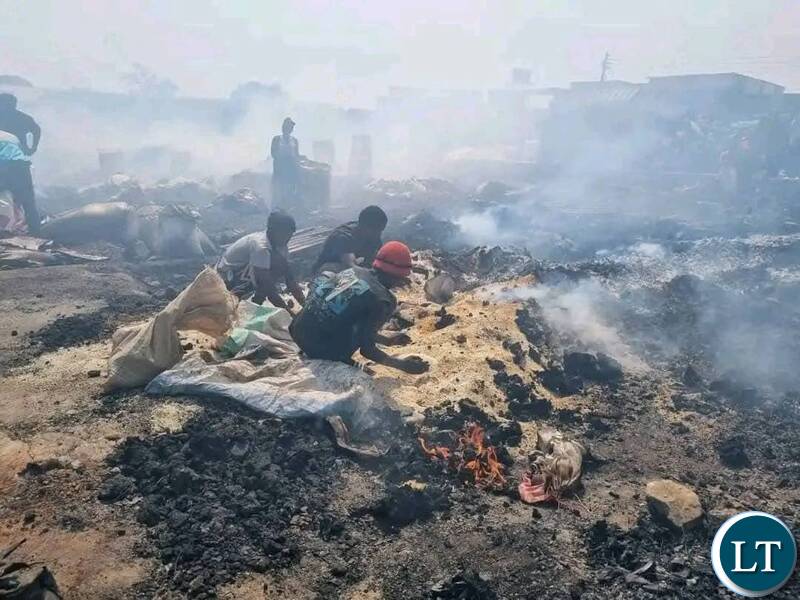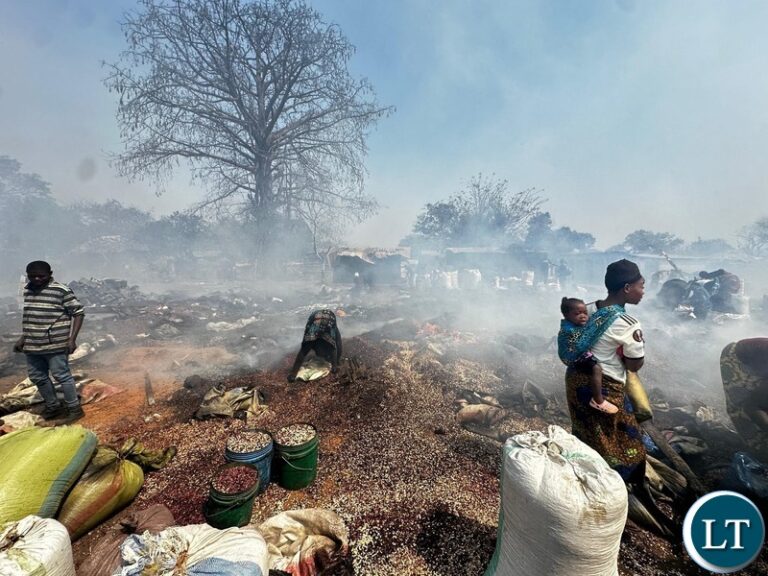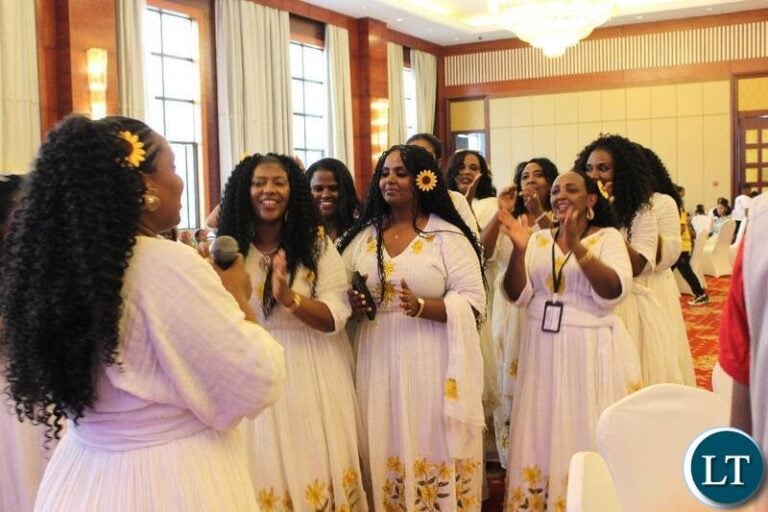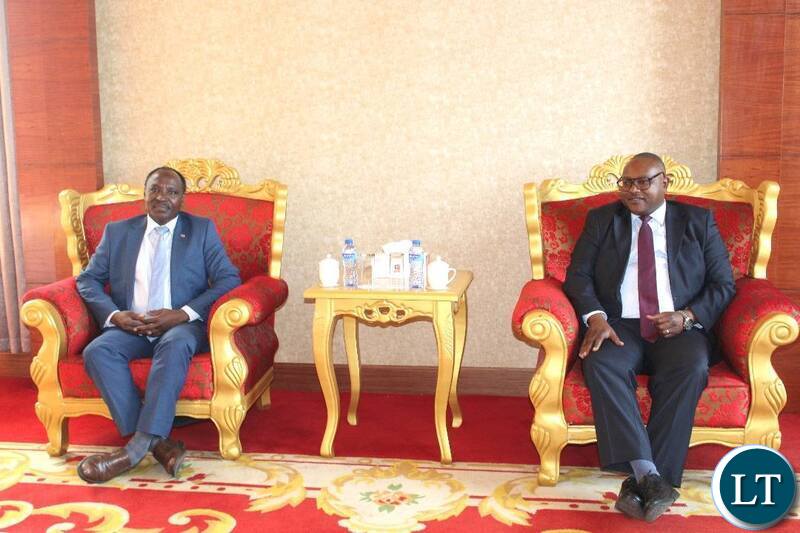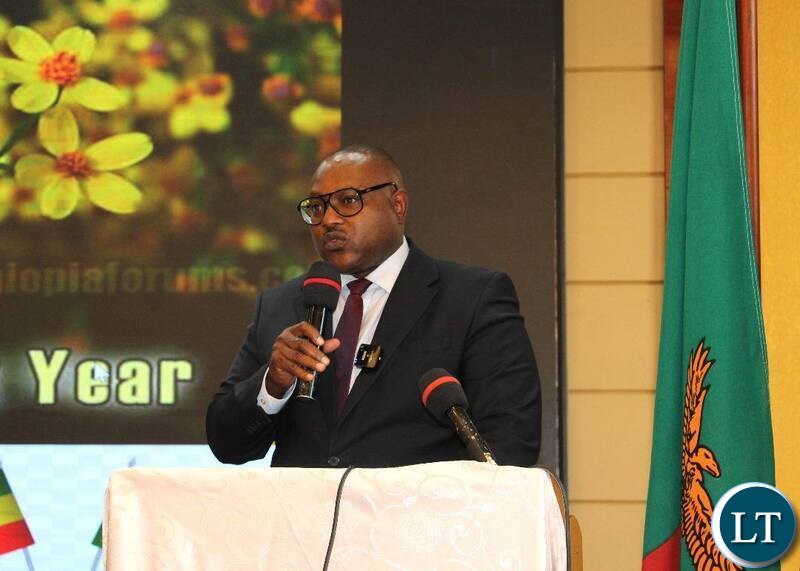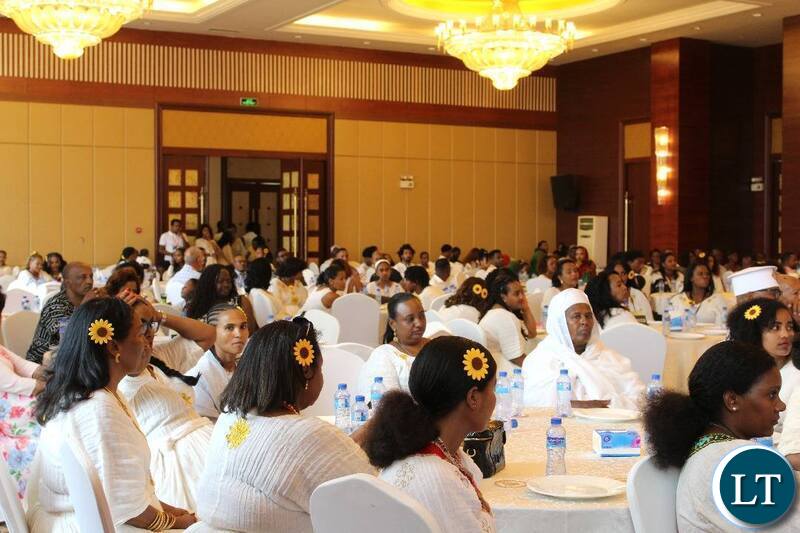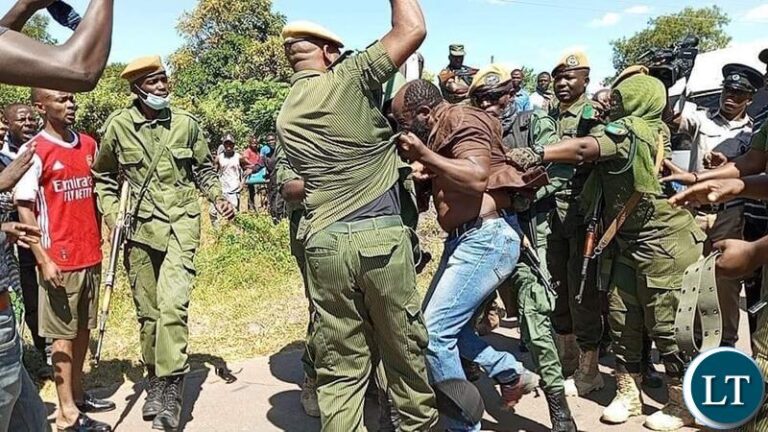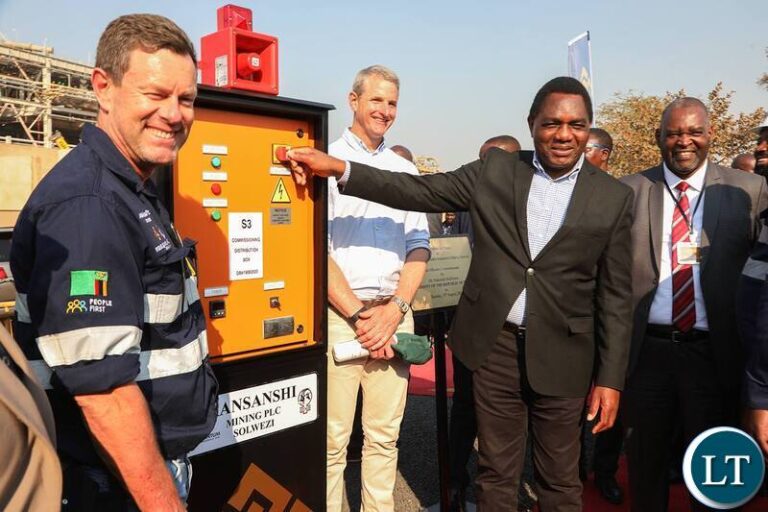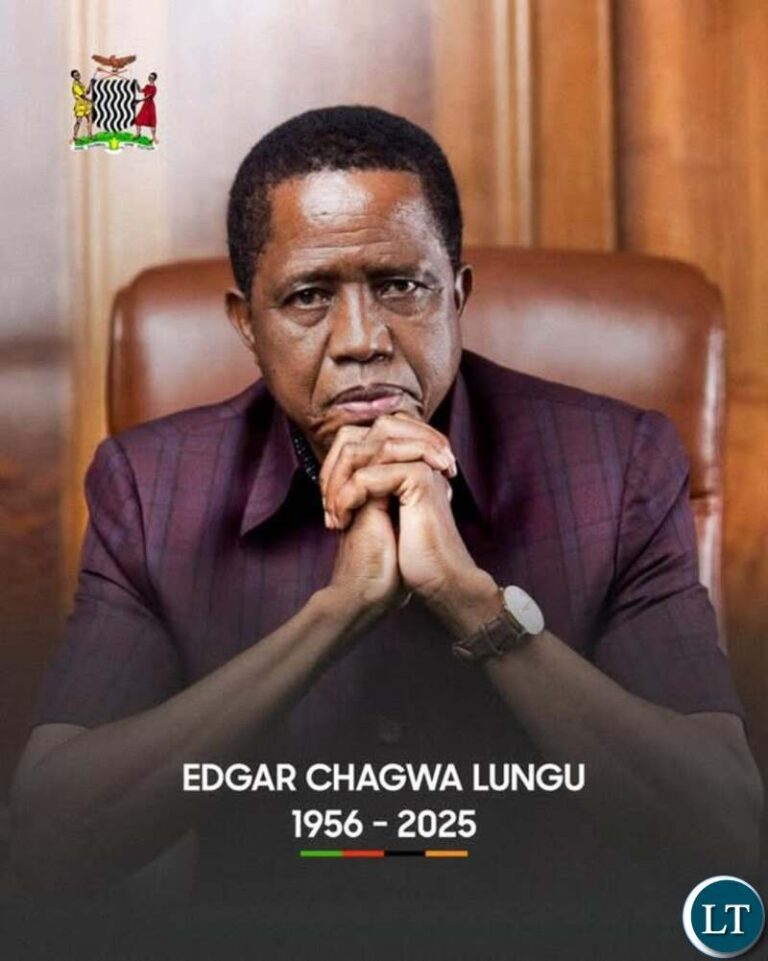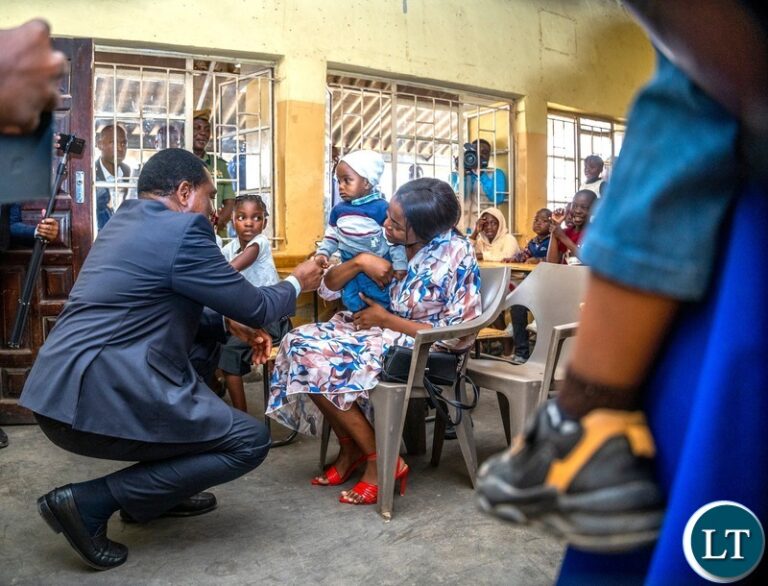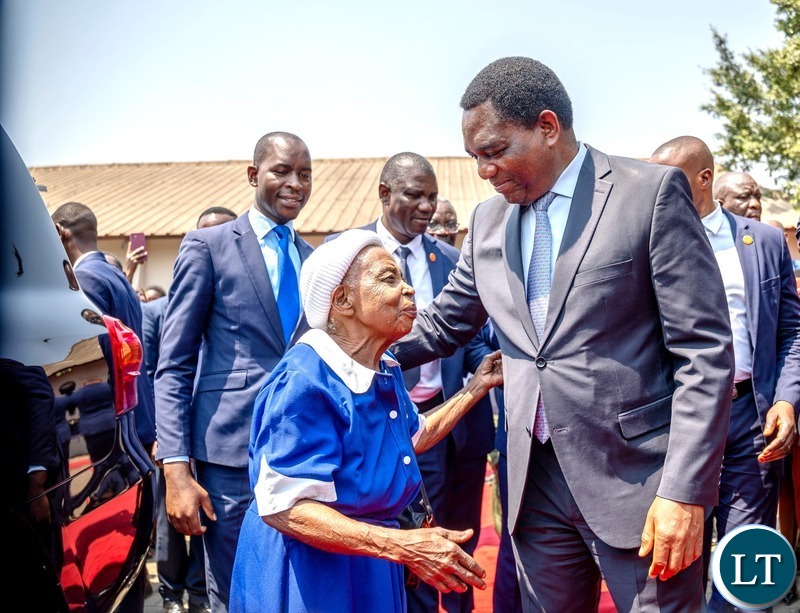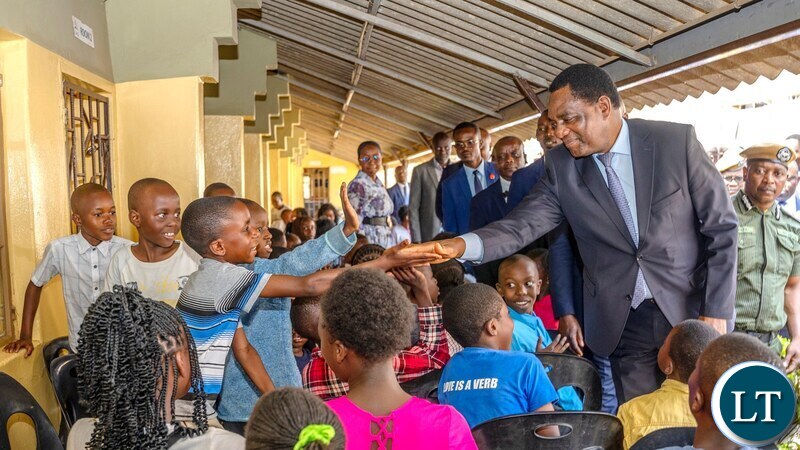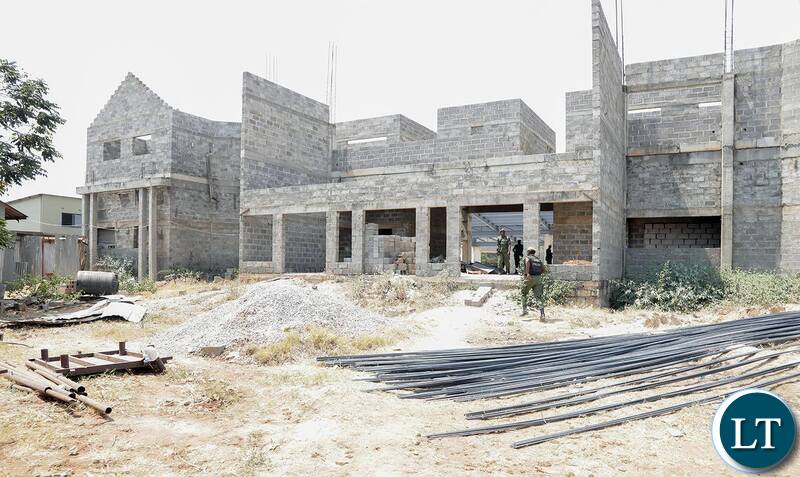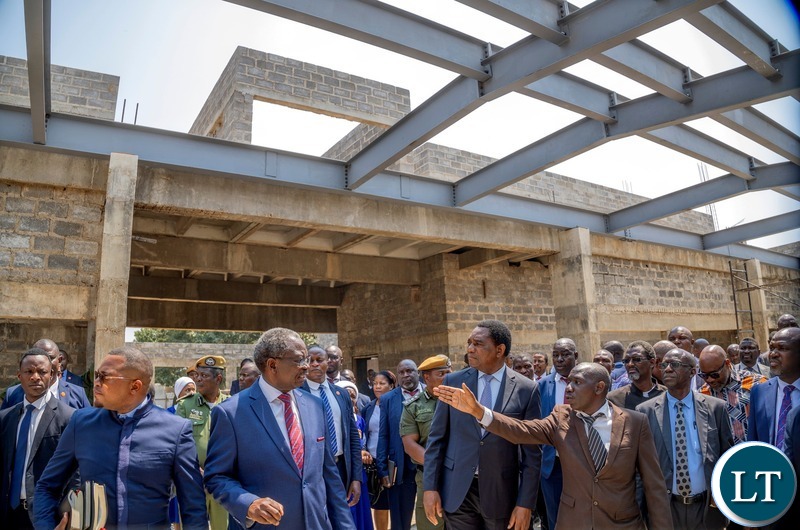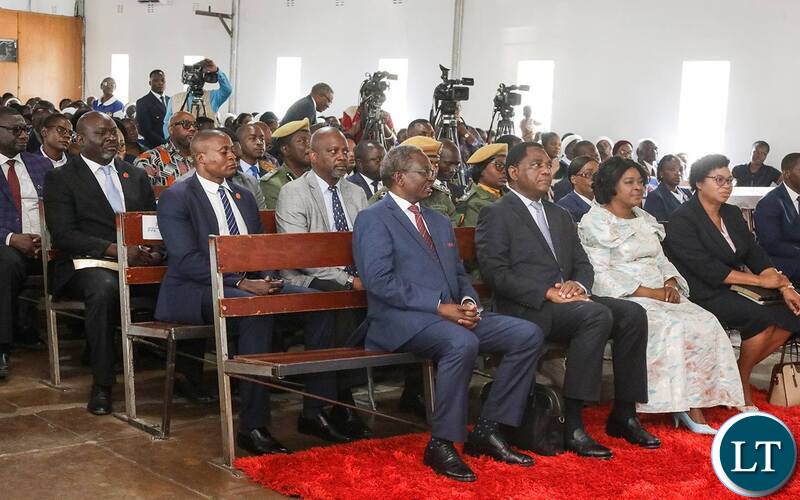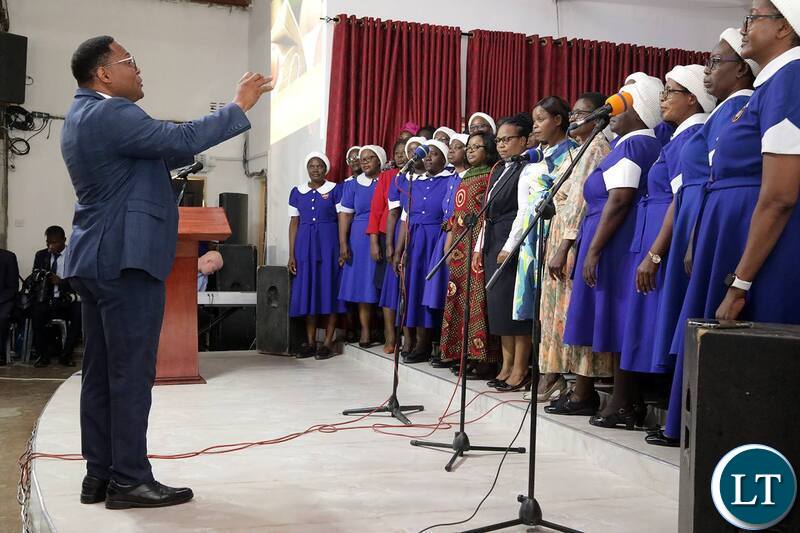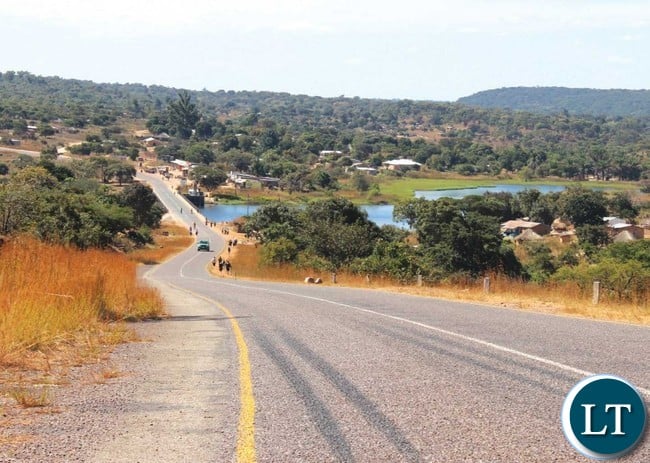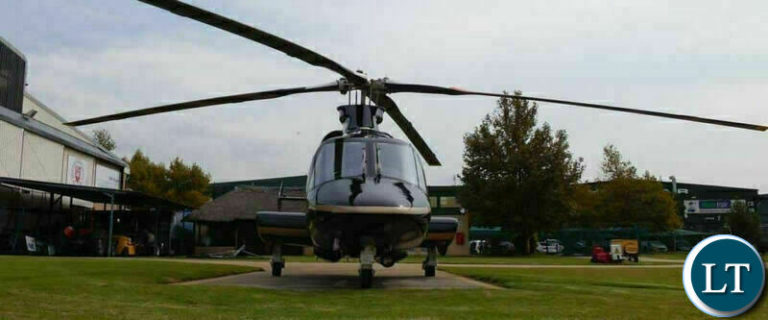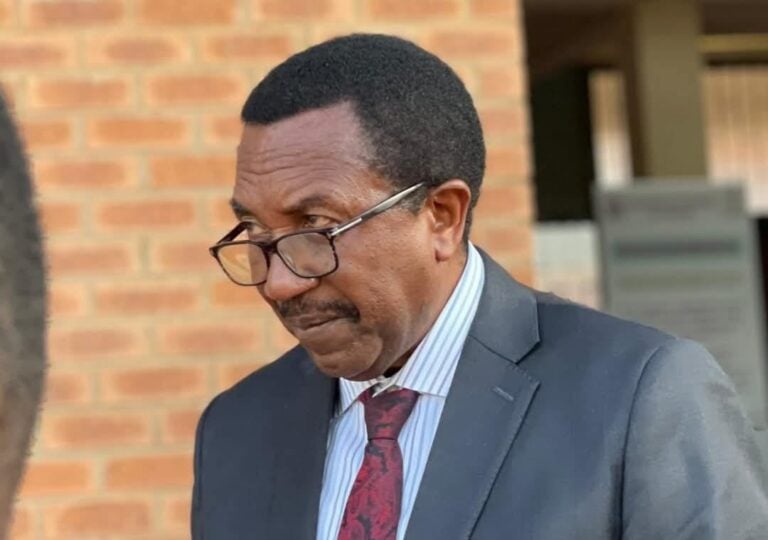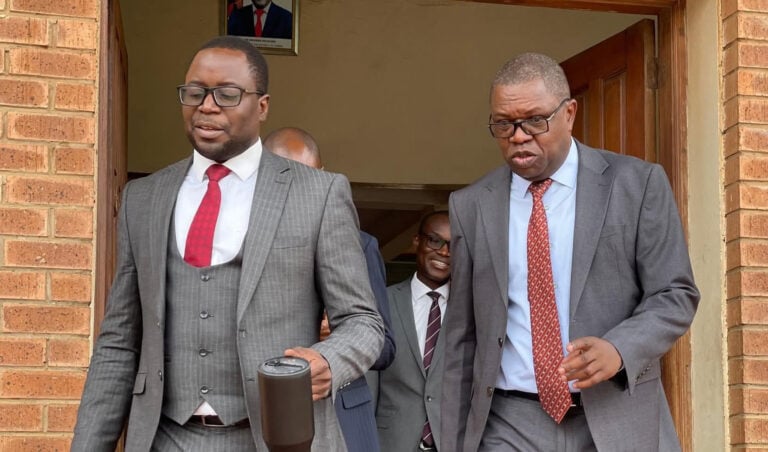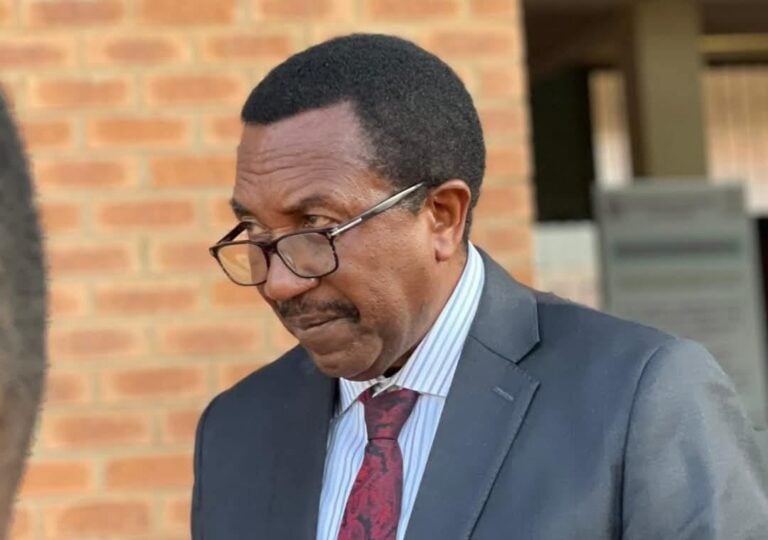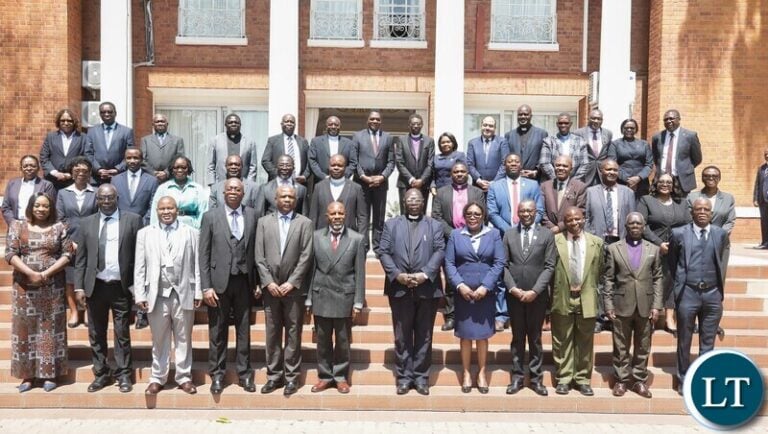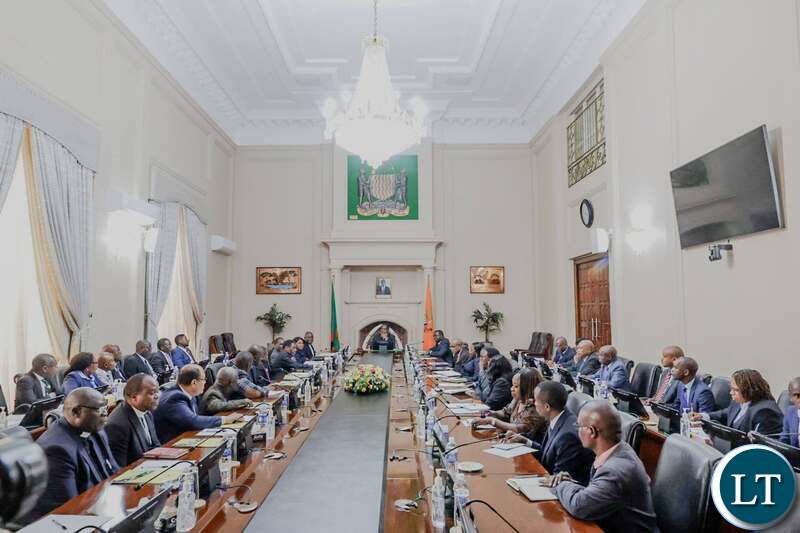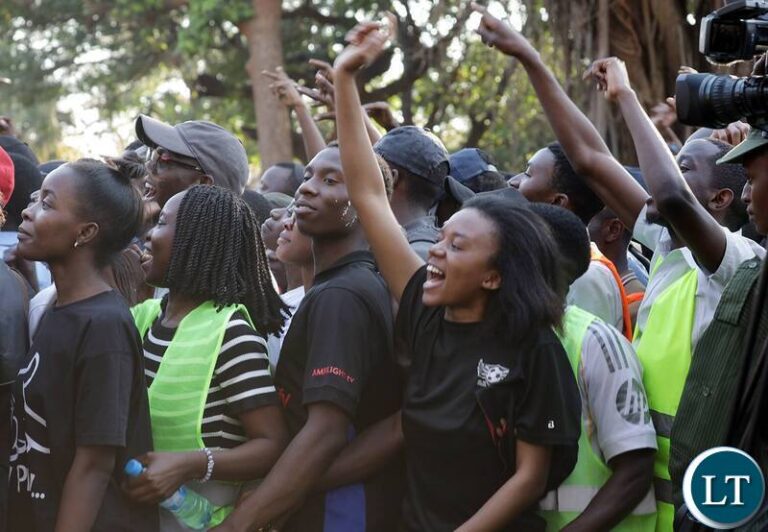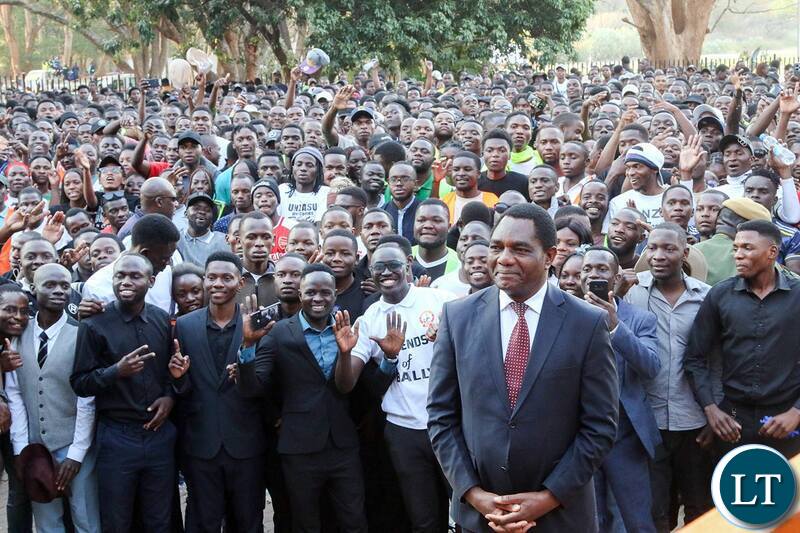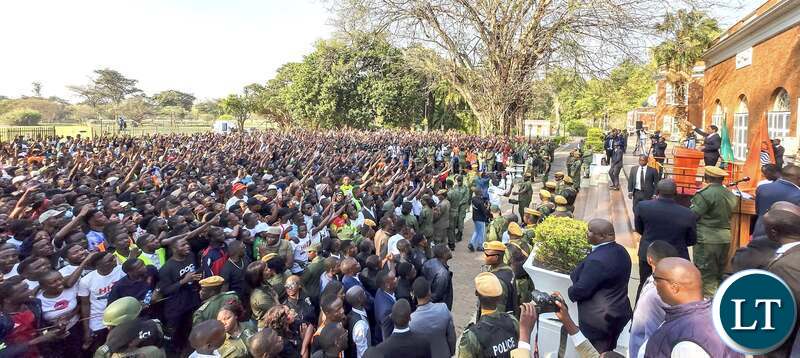
Copperbelt Province Minister Elisha Matambo said government is saddened that marketeers at Kapalala Market in Ndola have lost their merchandise in an inferno that swept through their stands in the early hours of Sunday,07 September,2025.
And Mr Matambo says investigations are under way to ascertain the cause of the fire, warning that those responsible for the incident will face severe consequences.
Mr Matambo said when he visited the site that the conduct should be condemned as it is retrogressive.
He has assured the marketeers that the government is actively working on the matter and is committed to finding a tangible solution to address the incident.
Mr Matambo said that Kapalala Market has been ravaged by fires multiple times, including in 2017 and 2022, with the latest incident resulting in significant losses for over 1,200 marketeers who lost their goods and merchandise.
Mr Matambo has also expressed condolences for the loss of one life, urging the bereaved family to seek solace from God.
He said the office of the Vice President has already been engaged through the Disaster Management and Mitigation Unit DMMU to see what sort of support can be extended to the affected traders.
Francis Kafula, a trader from Kasama District in Northern Province, has lost goods worth K100,000 in the fire and has appealed to the government to investigate the matter urgently to bring the culprits to book.
Mr Kafula said he has been preparing for the new school term, planning to buy school requisites for his children, including new uniforms, bags, and shoes, however, the fire has dashed his plans, leaving him in a difficult situation.
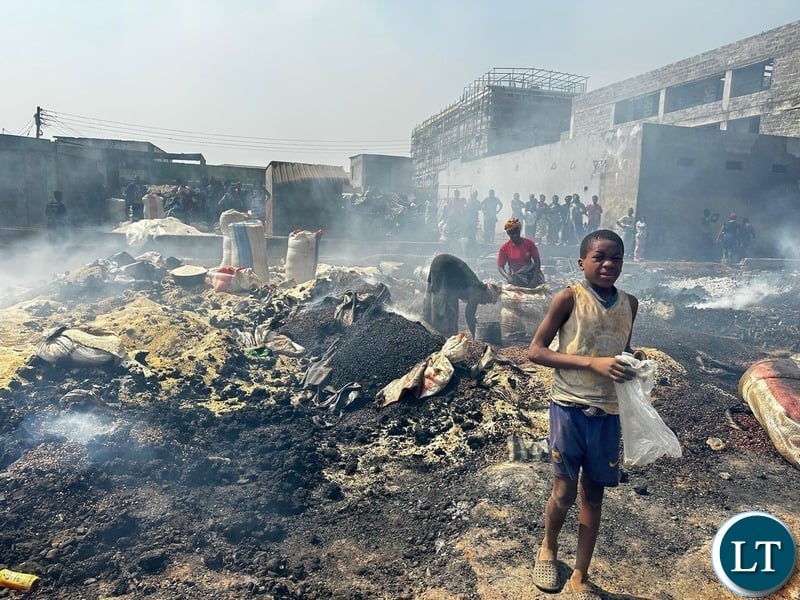
He is concerned that such incidents frequently occur during specific periods, particularly in August and September, and wonders if there’s a pattern or connection that needs to be addressed.
Another trader, Anna Bwalya, also from Kasama’s Chiba area, lost eight by 90kg bags of beans in the fire, adding that the money she had earned from selling seven bags had also been swallowed in the inferno.
Ms Bwalya is appealing to the government to provide timely assistance to the affected marketeers, and that he is hopeful for a swift response.
Meanwhile, Christine Lusambo, another trader, dealing in groundnuts and beans, has expressed concern that many traders, including herself, had purchased merchandise on credit, with the intention of paying back the suppliers after selling their goods.
But with the loss of stock in the fire, Ms Lusambo and other traders have struggled to come up with modalities that will help them swiftly raise money to pay their suppliers.
